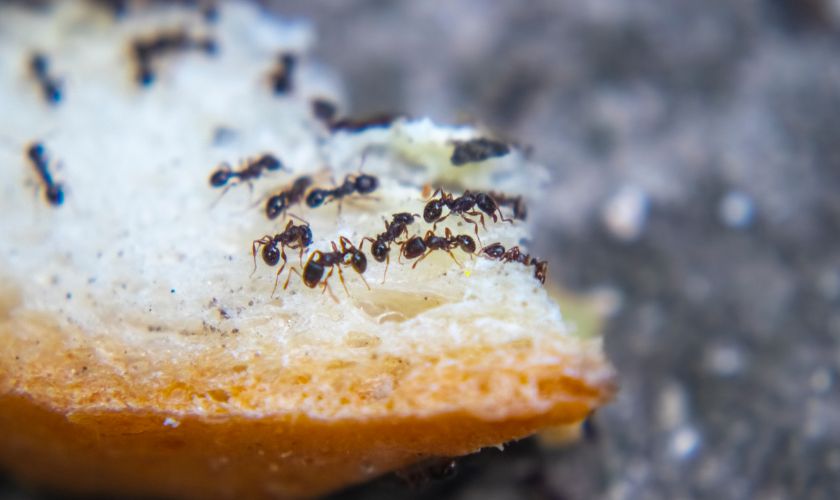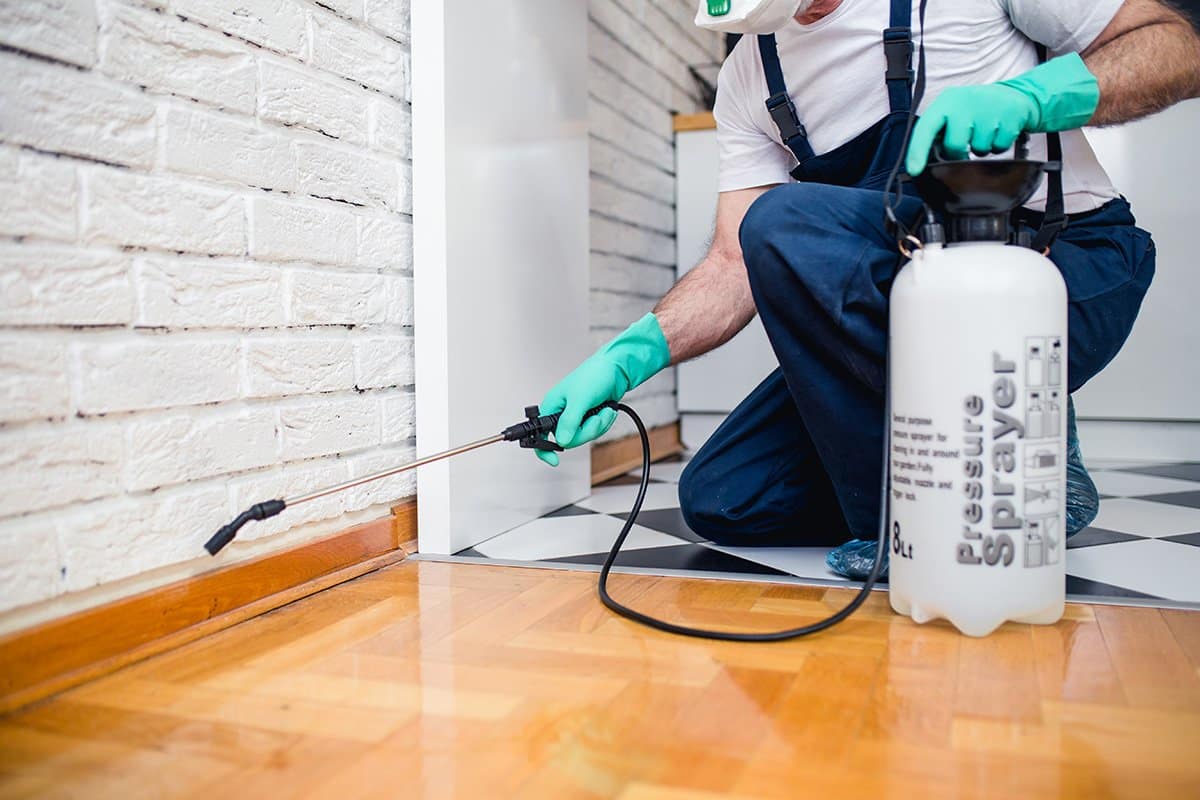Environmental Impact of Insect Control: Balancing Performance With Sustainability
The environmental impact of bug control is a crucial issue that needs a delicate equilibrium in between accomplishing performance in taking care of bugs and guaranteeing sustainability of our ecosystems. From the usage of damaging chemicals that seep into our dirt and water to the unintended repercussions on non-target varieties, the effects of conventional pest control methods are far-ranging.
Hazardous Chemicals in Insect Control
The application of harmful chemicals in insect control presents substantial ecological and wellness threats that necessitate mindful factor to consider and mitigation strategies. Pesticides, pesticides, and herbicides are frequently utilized to remove insects, yet their prevalent application can bring about unintended consequences. These chemicals can infect soil, water sources, and the air, affecting not just the targeted bugs however likewise beneficial insects, wildlife, and human beings.

To attend to these risks, integrated bug monitoring (IPM) strategies are being advertised as an extra sustainable alternative. IPM includes a mix of techniques such as biological control, habitat adjustment, and the targeted usage of chemicals as a last hope (ant control garner nc). By adopting a holistic technique to pest control, we can lessen the environmental and health influences related to harmful chemicals while effectively managing pest populaces
Effect On Non-Target Types
Considering the unplanned repercussions of bug control techniques, the influence on non-target varieties is an essential element that requires thorough analysis. While bug control steps intend to target particular pests, various other microorganisms in the environment might be unintentionally affected. Non-target varieties, including useful insects, birds, creatures, and even plants, can experience indirect or straight harm from pesticide applications or organic control methods.
Insecticides made to fight a specific insect bug might damage pollinators like or natural killers such as ladybugs. Organic control representatives, if not species-specific, can present threats to unintended targets, interfering with the ecological balance.
To reduce the effect on non-target types, integrated insect management (IPM) strategies that emphasize an all natural approach to pest control are recommended. These techniques focus on making use of eco-friendly practices, reducing harm to helpful microorganisms while properly taking care of pest populations. Carrying out extensive risk assessments and keeping track of the outcomes of pest control initiatives are necessary actions use this link in safeguarding non-target species and advertising general community health.
Dirt and Water Contamination
Unintentional ecological consequences of bug control methods prolong past impacting non-target types, with substantial implications for dirt and water contamination - termite control. Chemicals, herbicides, and chemical fertilizers used in parasite control can leach right into the soil and contaminate groundwater, presenting a risk to both marine and terrestrial environments.
Water contamination is another important concern connected with parasite control techniques. To mitigate dirt and water contamination from bug control tasks, integrated parasite monitoring strategies that prioritize sustainability and minimize chemical inputs are important.
Air Contamination From Pesticide Usage
Direct exposure to airborne chemicals during farming applications positions a significant concern for air contamination control steps. In addition, pesticide drift, where chemicals are carried by the wind to unexpected areas, can lead to the contamination of neighboring communities and water bodies.

Approaches for Sustainable Bug Control
In the world of farming practices, executing lasting parasite control strategies is vital for keeping ecological balance and protecting plant yields. Sustainable insect control highlights using eco pleasant methods to manage bug populaces effectively while reducing damage to non-target organisms and environments. Integrated Bug Monitoring (IPM) is an extensively taken on strategy that incorporates biological, cultural, physical, and chemical control techniques to achieve long-term insect management solutions.
Plant rotation and diversification are additionally effective techniques to disrupt pest life cycles and create less favorable problems for pests to grow. Eventually, by integrating these lasting insect control approaches, farmers can accomplish a balance in between pest management performance and ecological stewardship.
Verdict
Finally, the ecological impact of bug control methods need to be thoroughly taken into consideration to balance efficiency with sustainability. Damaging chemicals utilized in bug control can lead to dirt and water contamination, air contamination, and harm non-target types - termite control services. It is important to implement lasting pest control techniques to decrease these negative effects on the atmosphere and promote a healthier ecosystem for future generations
By embracing an all natural approach to pest control, we can reduce the environmental and wellness influences associated with dangerous chemicals while successfully taking care of pest populaces.

To minimize the air contamination created by pesticide usage, it is essential to take on integrated bug management approaches that prioritize the usage of non-chemical pest control techniques, such as crop turning, natural killers, and immune crop selections. Sustainable insect control stresses the use of eco friendly approaches to handle parasite populations successfully while lessening harm to non-target organisms and ecological communities. Integrated Insect Monitoring (IPM) is a widely embraced technique that combines biological, social, physical, and chemical control approaches to achieve long-term insect administration solutions.